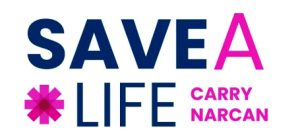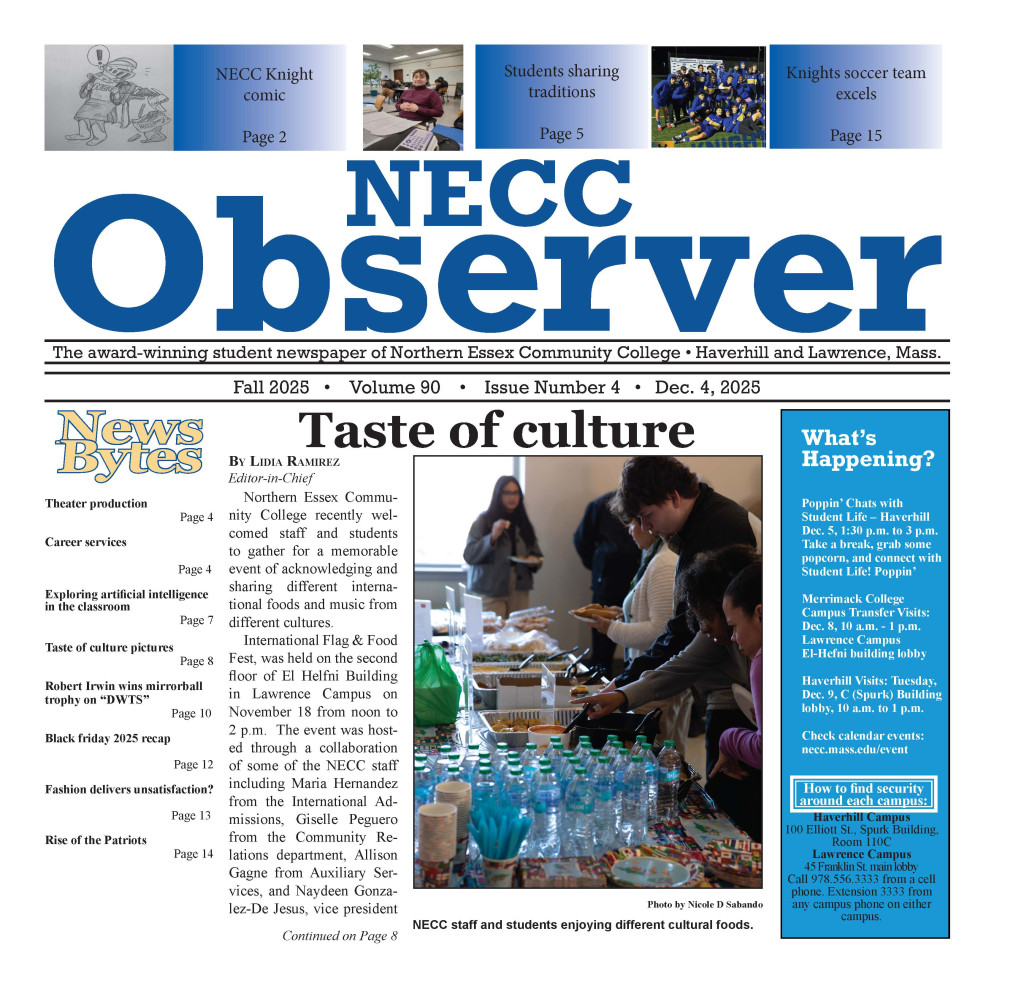
Men’s basketball team makes it to the national championship
The Northern Essex Community College men’s basketball team is proving once again that they have what it takes to compete at the national level.
For the third consecutive year, the Knights have secured a regional championship. They finished ninth in the NJCAA national tournament, finishing their season with a win over Dallas-Mountain View College on March 12, by a 107-99 final score and in the process finished the season with a 29-4 overall record and 9th place national tournament finish in the 12-team tournament.
In the opening round of the champtionships, the Knights fell Dallas College-Richland by a 73-68 final score.
On March 1st, Northern Essex defeated fourth-seeded Bristol Community College in overtime 93-85 to advance to the regional championship game. The next day, they played Quincy College in a nail-biting match to secure their third straight regional title.
Head coach Darren Stratton continues to rack up accolades, earning the HoopDirt.com JUCO Coach of the Week award for the week ending Feb. 16.
“It’s a milestone in my book that I look at, HoopDirt is one of the magazines that really look at your program and understand what you kind of establish here. But I’ll just be realistic with you, I think the players make the coaches awards.” Stratton states. This marks the third consecutive year he has received the honor, making him eligible for the site’s National Coach of the Year award.
A pair of Northern Essex Community College men’s basketball standouts picked up All-Region 21 honors as recently selected by a vote of the league’s coaches, while Stratton was named Region 21 and East District Coach of the Year for a third consecutive season.
Baseball begins
Meanwhile, the Northern Essex baseball team is gearing up for another promising season. The Knights, who opened their season on March 1, in a double header against Dean College, work towards their fourth consecutive NJCAA World Series appearance in May.
Head coach Jeff Mejia, who has compiled 298 career wins, will look to add to his impressive resume as the team enters the season ranked No. 8 in the nation,
“It’s always an honor to be named with the best teams in the country.You know, like I said, you know, a little bit prior to when I got here, that didn’t happen at this school very often,”Mejia states, acknowledging the team’s ranking.
Players to watch
As winter sports wrap up and the spring season begins, several standout athletes are making their mark.
For men’s basketball, Alejandro Delgado of Haverhill and Javien Kirmil of Lowell have been key offensive contributors, averaging 14.8 and 10.6 points per game, respectively.
On the baseball diamond, eight players return from last year’s squad. Michael Geissler of Peabody is expected to lead the pitching rotation after throwing 41 innings last season.
With both teams excelling, Northern Essex fans have plenty to be excited about as the postseason and spring competition heat up.



